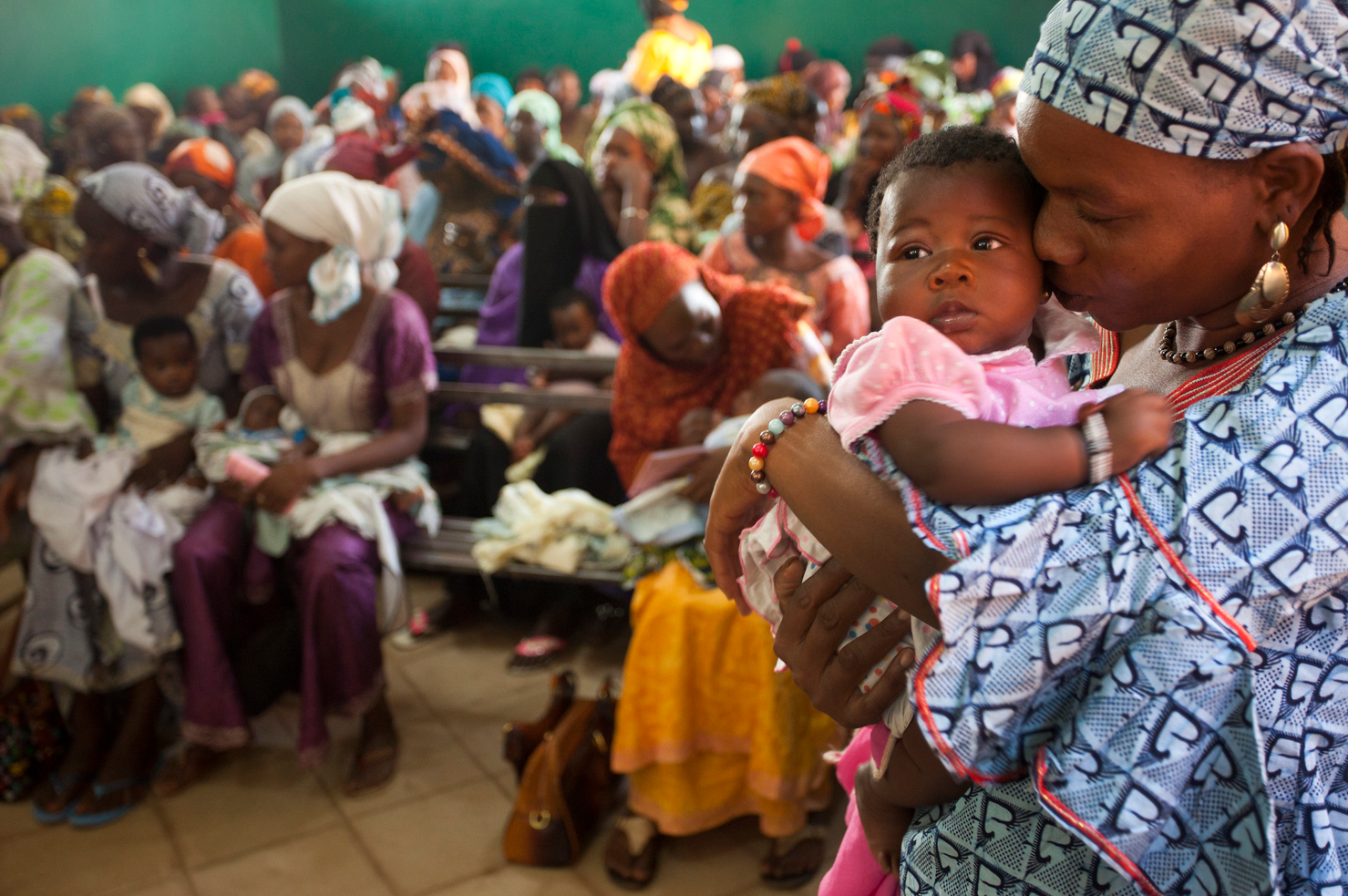Wealthy countries and the international community should support sustainable development in low-income and lower-middle-income countries by providing the necessary technical and financial assistance so that their economies can grow rapidly using technologies that minimise environmental harms.
SDG #8: Decent work and economic growth
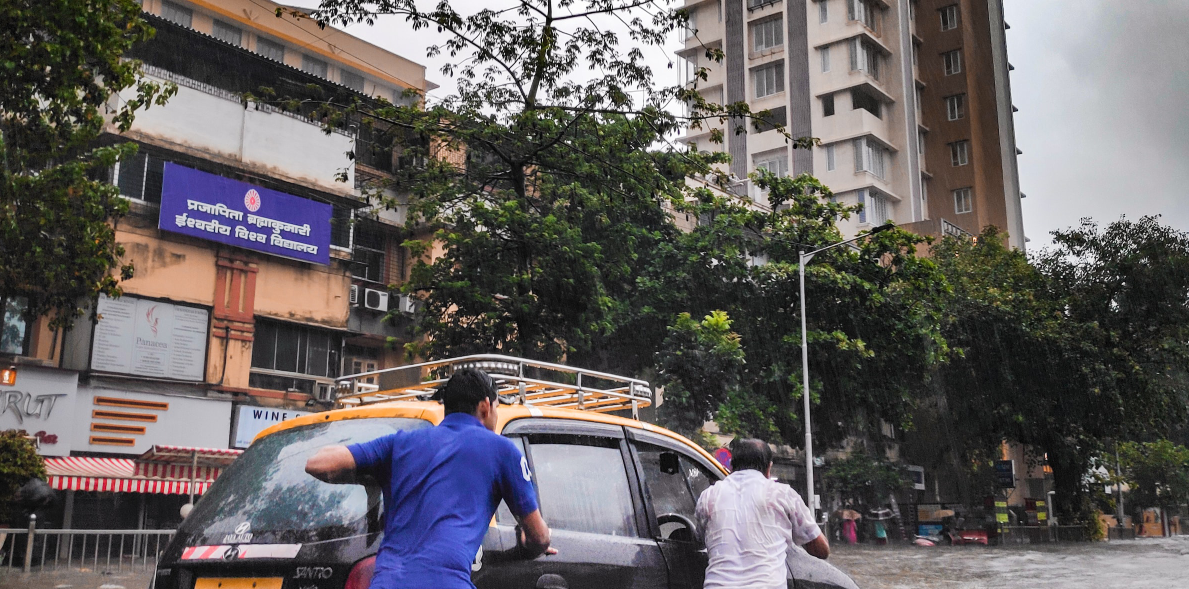
Ensuring risk-informed governance for climate action requires citizen-centric approach through the whole-of-society and whole-of-government approaches including the leverage of government innovation and frontier technologies for DRR and resilience.

A stronger U.S. dollar will likely exacerbate inflationary pressures, worsen fiscal and external balances and hinder recovery in developing countries, undermining their prospects for achieving the Sustainable Development Goals.
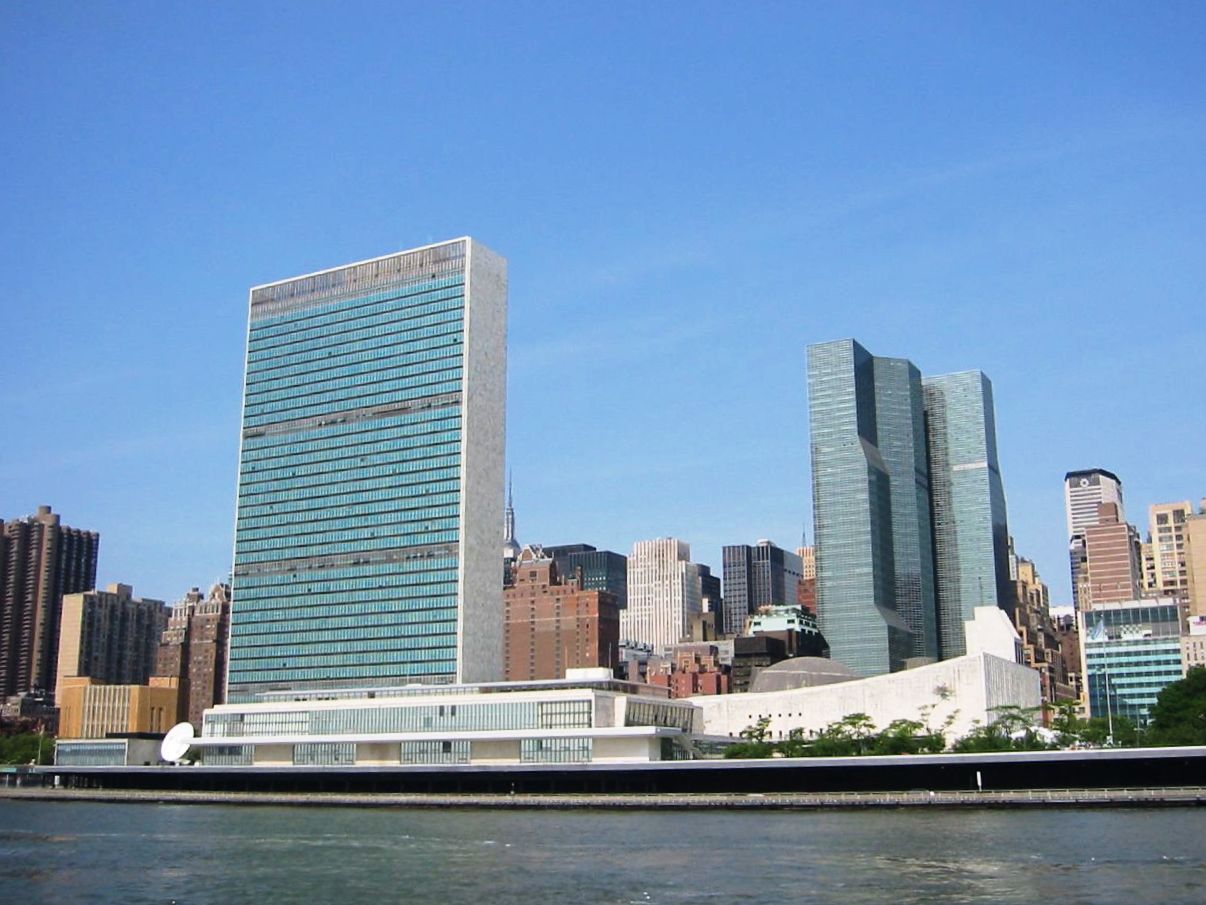
Towards a New International Economic Order (A/77/214)

Amid health, climate, food security and geopolitical crises, strengthened and effective multilateral cooperation will remain critical to stimulate growth, support the most vulnerable and put the world economy on track towards sustainable development.

Introducing CBDCs for widespread use may have positive effects for the economy but also present new challenges, as its impact on financial intermediation and fiscal and monetary policy operations are not yet fully understood.
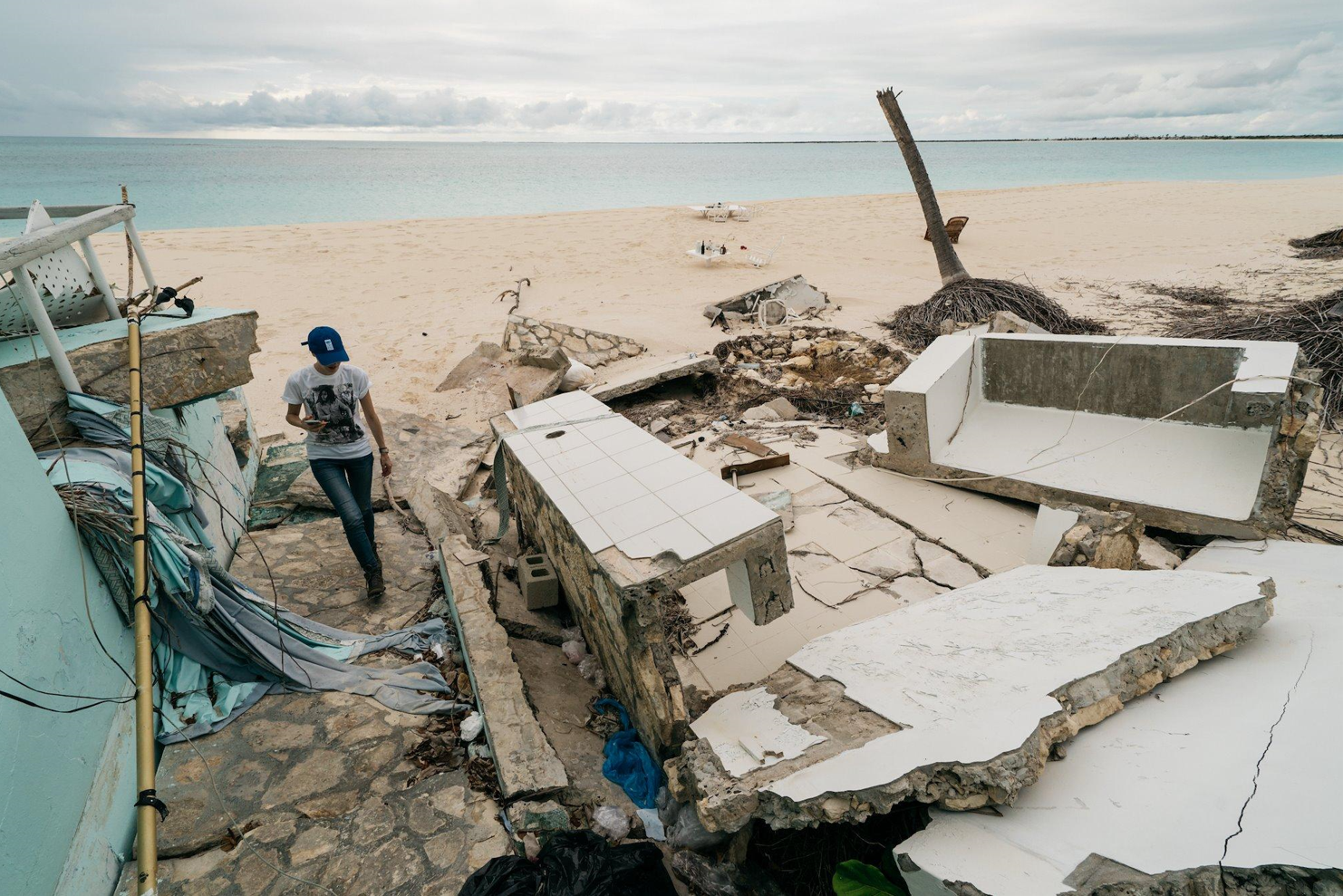
The COVID-19 crisis has brought to the fore the need to better account for the multidimensional vulnerabilities of countries in the allocation of aid.
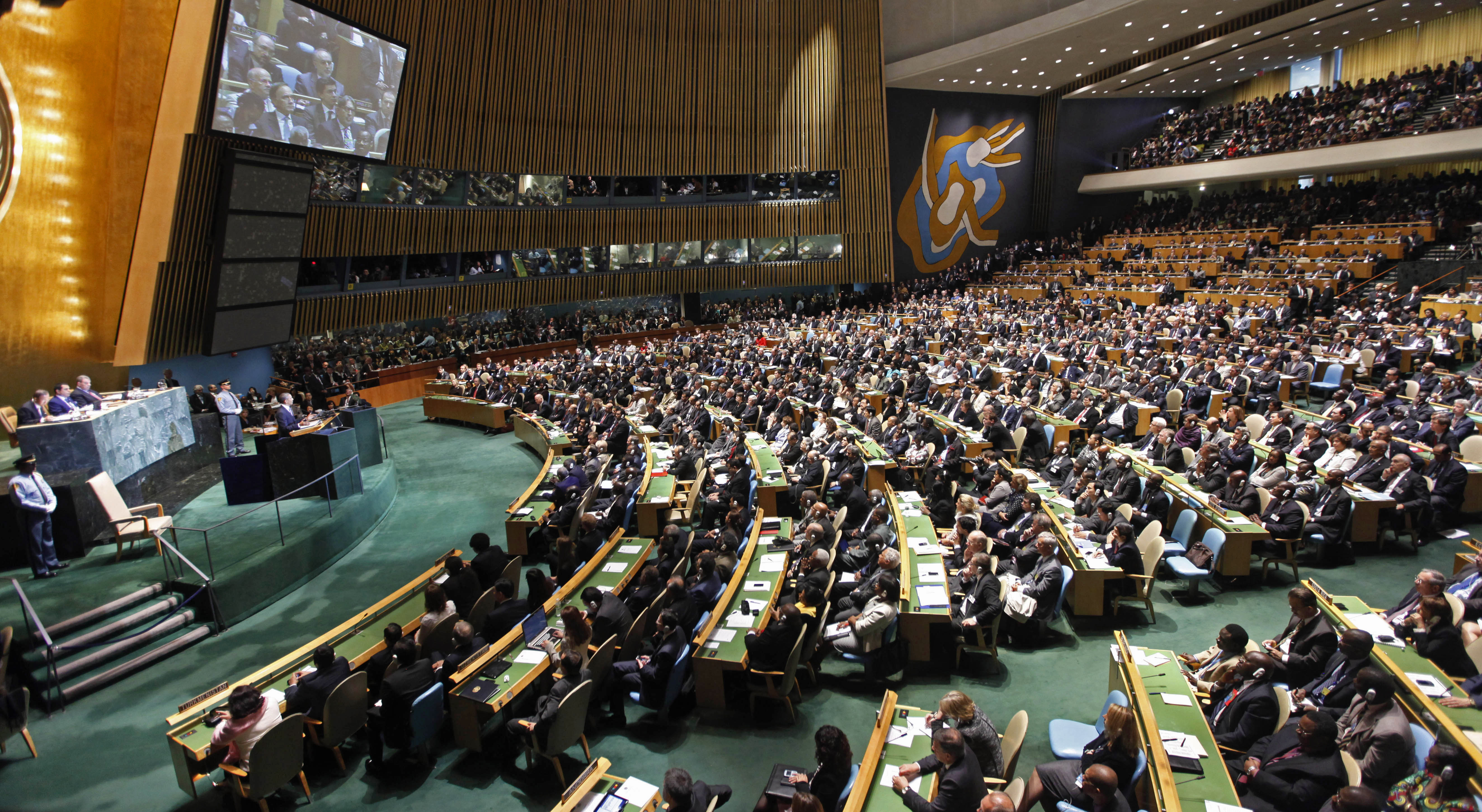
SDG progress has been set back, and the outlook faces uncertainty given the cumulative and amplified impacts of the COVID-19 pandemic, the war in Ukraine and climate change. The crises impact all countries, albeit unequally.
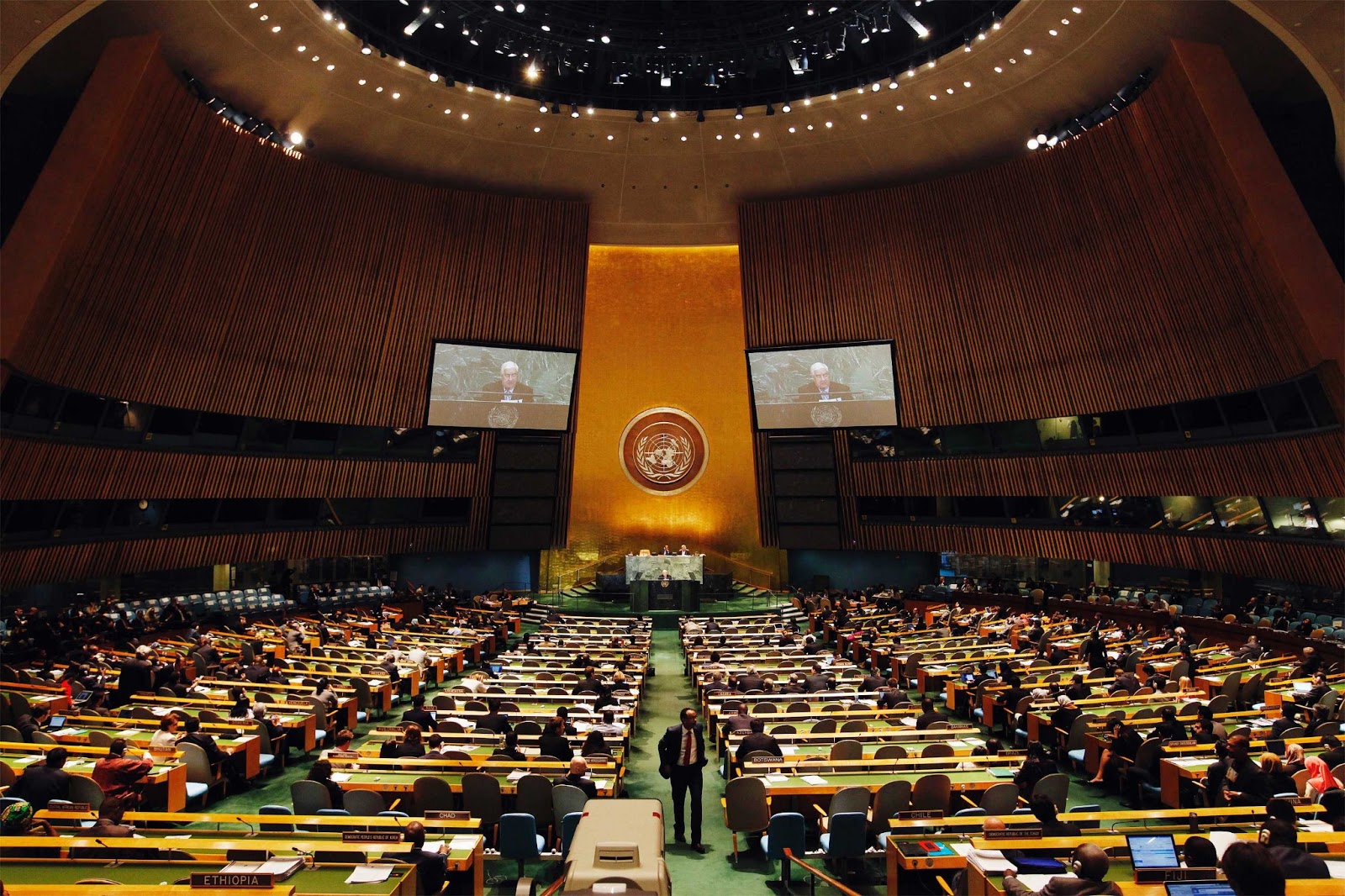
The global macroeconomic outlook continues to change amid growing uncertainties, pronounced monetary policy tightening and roiling financial markets.
 Welcome to the United Nations
Welcome to the United Nations
